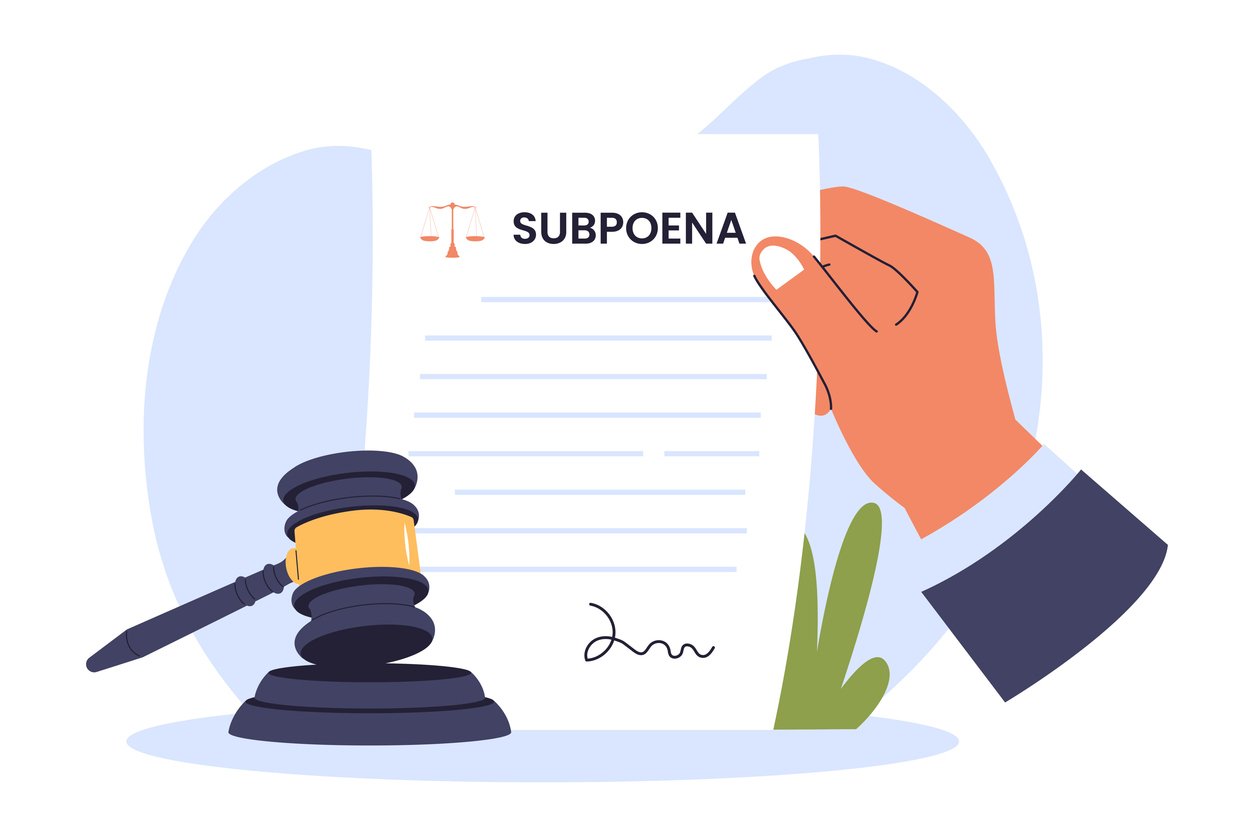In the glamorous world of movies, music, and media, there’s a lot more happening behind the scenes than just creativity. The entertainment industry is a complex web of legalities where artists, producers, and companies need expert guidance. That’s where entertainment lawyers come in. But what exactly does an entertainment lawyer do? This article aims to explain the essential role of entertainment attorneys, the services they offer, and how you can go about finding the best legal representation for you.

What Do Entertainment Lawyers Do?
Entertainment law is a specialized area of law that deals with issues related to the entertainment industry. This includes everything from movies and music to television, theater, publishing, and more. Entertainment lawyers focus on intellectual property rights, contracts, and other legal aspects that artists and companies encounter.
So, what do entertainment attorneys do on a daily basis? Their roles can vary widely depending on their clients’ needs and the specific industry segment they work in. Here are some of the common tasks they undertake:
Contract Negotiation
An entertainment lawyer’s expertise in contract negotiation is essential for protecting clients’ rights and interests. They review and negotiate contracts to ensure the terms are fair, clear, and aligned with the client’s goals. Part of this involves considering industry standards, potential risks, and long-term implications of each agreement. Whether it’s a recording deal, film production contract, publishing agreement, or talent contract, an experienced entertainment attorney can identify hidden pitfalls, secure favorable terms, and help clients make informed decisions that safeguard both their creative work and financial interests.
Intellectual Property Protection
Intellectual property is the lifeblood of the entertainment industry. Lawyers help protect their clients’ IP through registrations and by taking action against unauthorized use. This protection is crucial for artists to maintain control over their work and its use. Moreover, knowing how to correctly register intellectual property is a foundational step that requires an understanding of trademark and copyright law. By working with an intellectual property lawyer, artists and other individuals can ensure that all necessary paperwork has been reviewed, processed, and filed correctly in accordance with the law.
Defending Against Trademark and Copyright Infringement
In cases where infringement occurs, entertainment lawyers play a crucial role in defending their clients’ rights. They assist clients in cases of trademark and copyright infringement by evaluating claims, sending cease-and-desist letters, negotiating settlements, and, if necessary, representing clients in court. Their expertise ensures that artists, producers, and businesses can safeguard their intellectual property and pursue compensation when their rights are violated.
Dispute Resolution
Disputes are common in the entertainment world, whether over contract terms, intellectual property use, or financial disagreements. Entertainment lawyers are skilled in resolving these issues, often through negotiation or mediation, and when necessary, litigation.
An important aspect of dispute resolution is maintaining professional relationships. Even in contentious situations, lawyers aim to resolve disputes in a way that minimizes damage to their clients’ reputations and industry connections. This approach ensures that clients can continue their careers with minimal disruption.
Advising on Business Decisions
Entertainment attorneys also serve as strategic advisors, helping clients make informed business decisions that impact their careers and projects. From evaluating partnership opportunities and production deals to structuring contracts and investment agreements, these attorneys provide legal insight that protects clients’ financial interests and long-term goals. Their guidance helps artists, producers, and entertainment companies navigate complex business arrangements with confidence and minimize potential risks.
Strategic Planning
Strategic planning is a key part of business advising. Lawyers work with clients to develop long-term strategies that align with their career goals. This may involve exploring new markets, diversifying revenue streams, or leveraging existing assets for growth. Entertainment lawyers also conduct thorough risk assessments of potential business opportunities. They analyze factors such as financial implications, market trends, and legal risks to provide clients with a comprehensive understanding of the situation. This analysis helps clients make informed decisions.
Do I Need an Entertainment Lawyer?
It’s important for actors, producers, and other artists to understand when to hire an entertainment attorney. Because of the complexities of entertainment law, it’s common for aspiring and established professionals alike to encounter legal issues involving contracts, intellectual property rights, or negotiations that require experienced legal guidance.
Below are a few key areas of the entertainment industry where attorneys provide essential legal support.
Copyright and Trademarks
One of the primary roles of entertainment lawyers is to protect intellectual property. This involves ensuring that the creative works of artists are legally protected through copyrights and trademarks. They help clients understand their rights and represent them in case of infringement. By registering copyrights, they ensure artists have legal proof of ownership, a crucial step in defending their creations.
Moreover, trademarks play a significant role in branding within the entertainment industry. Lawyers work with artists and companies to establish trademarks that can be used to identify products or services uniquely. This is essential for building a recognizable brand that audiences can trust. In cases of trademark infringement, entertainment lawyers are pivotal in taking legal action to enforce their clients’ rights.
Contracts and Agreements
Whether it’s a record deal, a film distribution contract, or an endorsement agreement, contracts are everywhere in the entertainment industry. Lawyers draft, review, and negotiate these contracts to ensure their clients’ interests are safeguarded. They dissect the fine print to protect clients from unfavorable terms that could have long-term implications.
Entertainment lawyers also educate clients about the implications of signing contracts. They explain how terms like royalties, distribution rights, and exclusivity might affect their career trajectory. By understanding these nuances, clients are empowered to make informed decisions that align with their professional goals.
Artist Representation
Entertainment lawyers often act as representatives for artists, helping them make informed decisions about their careers. They provide advice on potential deals and help navigate the complexities of the industry. This involves a keen understanding of the market dynamics and the legal landscape to offer strategic guidance.
The role extends beyond just legal advice. A strategic entertainment attorney collaborates with agents and managers to ensure that all aspects of an artist’s career are aligned and legally sound. This holistic approach ensures that artists can focus on their craft while having a robust support system managing the business side.
Media and Broadcasting Rights
With the rise of digital media, lawyers also handle issues related to broadcasting rights and media licensing. They ensure that their clients’ works are properly licensed and that they receive fair compensation. Similarly, entertainment attorneys help clients manage the distribution of their content across various media, ensuring compliance with legal standards. This involves negotiating with platforms and networks to secure the best possible terms for content distribution.
How Do I Find an Entertainment Lawyer Near Me?
When selecting an entertainment attorney, it’s essential to find legal representation that understands both the law and the unique dynamics of the entertainment industry. The right attorney can make a significant difference in protecting your creative rights, negotiating favorable deals, and guiding your career or business decisions. Below are several important factors to consider when choosing an entertainment lawyer.
- Experience: Begin by choosing a law firm with experience in your specific area of the entertainment industry, as a music lawyer will have different expertise than a film attorney. Attorneys with a background in music, film, or publishing bring specialized knowledge that is critical in navigating the unique challenges and opportunities of their sector.
- Reputation: Research a potential attorney’s reputation and reviews from past clients. A good lawyer will have a track record of successful negotiations and positive reviews, and testimonials offer valuable insights into a lawyer’s reputation. Pay attention to feedback about their communication skills, responsiveness, and dedication.
- Transparency and Communication: When choosing an entertainment attorney, clear communication is one of the most important qualities to look for. Lawyers should be able to explain complex legal concepts, answer questions promptly, and provide regular case updates.
- Alignment with Career Vision: A lawyer who understands your career vision can offer advice that aligns with your goals. They should take the time to understand your aspirations, values, and priorities. As a result, they can develop personalized strategies tailored to your creative career or project, addressing the specific legal and business challenges you face in the entertainment industry.
Conclusion
The entertainment industry is a vibrant and exciting field, but it comes with its own set of legal challenges. Entertainment lawyers, such as those at Law Advocate Group, handle a wide range of responsibilities, from protecting intellectual property to negotiating contracts and resolving disputes. If you’re involved in the entertainment industry, seeking legal advice from an experienced entertainment lawyer can help you secure your creative future.



